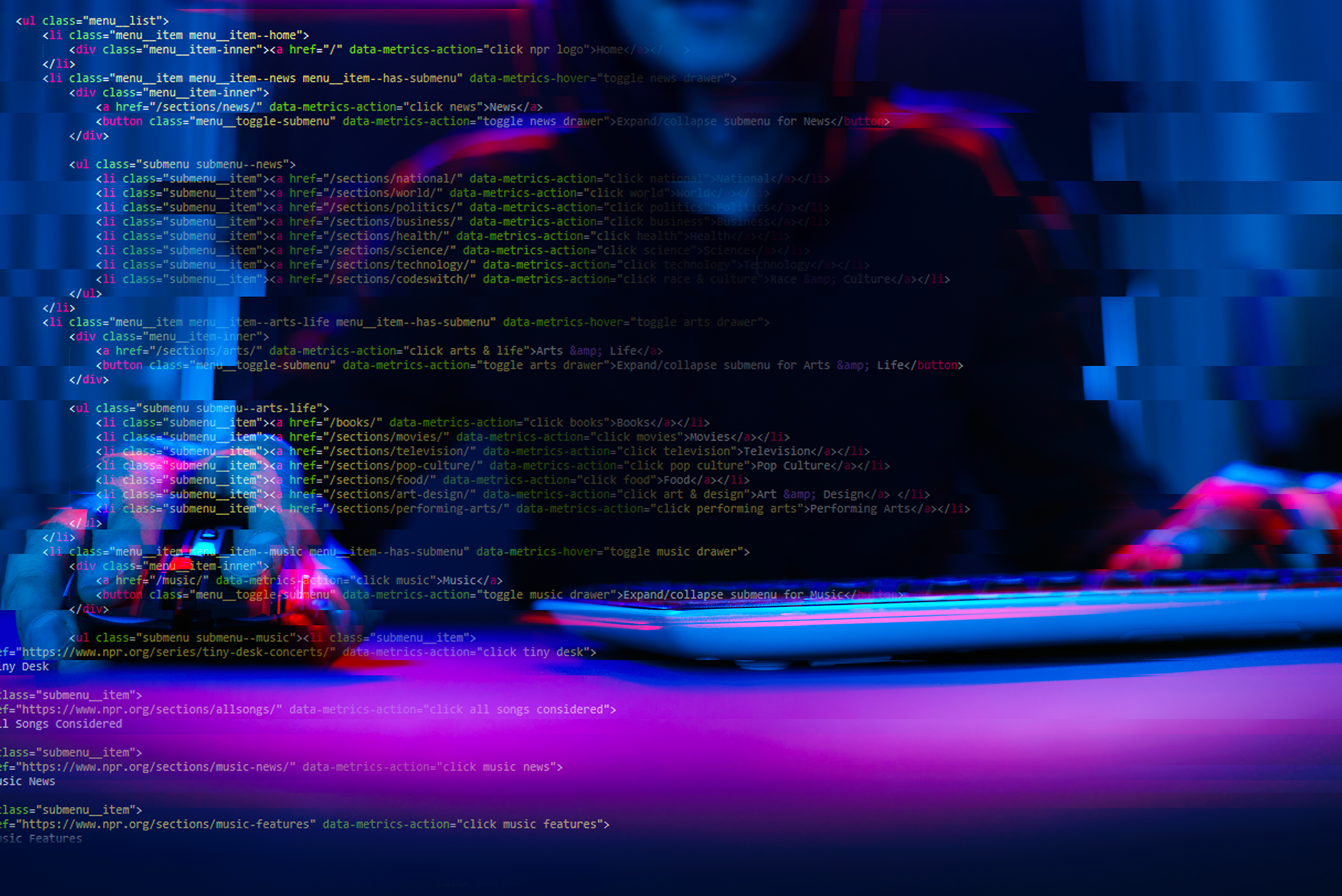
Michele FORLEO
Competence Center General Manager Cybersec – Axians Italia
“Every day, I work to translate the complexity of cybersecurity into concrete and sustainable choices for businesses. Because security is not a product: it’s a journey.”


Michele FORLEO
Competence Center General Manager Cybersec – Axians Italia
“Every day, I work to translate the complexity of cybersecurity into concrete and sustainable choices for businesses. Because security is not a product: it’s a journey.”
For any questions contact us through our form, we will contact you as soon as possible!
Contacts